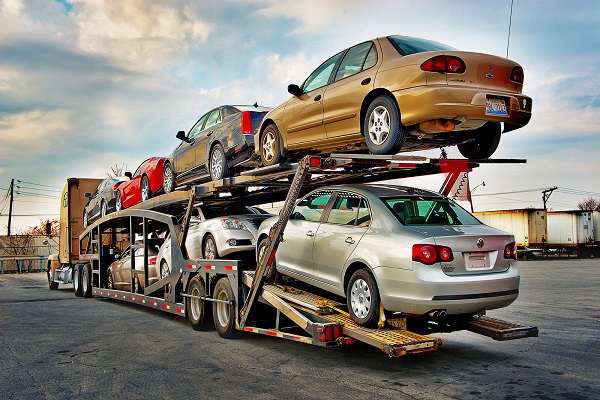The Chamber of Engineering Industries (CEI) at the Egyptian Federation of Industries has given an assurance of the ability of Egyptian car manufacturers to increase annual production to 500,000 vehicles by 2020. Meanwhile The Association of Means of Transport has demanded that the Ministry of Trade and Industry present the mechanisms spoken of by the trade minister, adding that these mechanisms must be presented for discussion before being announced to the public.
The chamber says it is necessary to impose taxes on imported vehicles, adding that this will encourage local manufacturers to increase production to the point where they will eventually export to the foreign market.
“Over the coming period the vehicle industry will be in need of protective mechanisms, particularly since European Union exports of vehicles to Egypt will be exempted from customs in 2019,” said Adel Bideer, chairman of the CEI’s transport association. He added that this would place vehicle industry in Egypt in a crisis if the government did not adppt protective measures, including imposing taxes on imported cars while granting exemption for locally manufactured vehicles.
“The government must support small industries to increase the percentage of local components and encourage local manufacturers to start exporting to those countries that have signed free trade agreements or are part of an economic bloc with Egypt, such as COMESA and AGADEER, from which Egypt still has to gain any benefit.
“We have no idea about the new mechanisms that the minister of trade and industry has declared regarding encouraging the vehicle industry in Egypt over the coming period, and we have not been invited to help formulate these mechanisms,” Bideer said.
He is demanding that the government disclose whatever mechanisms it may be considering in imposing taxes on imports, encouraging small industries to meet most demands of vehicle manufacturers.
“The productive power of the 17 local car manufacturers is enough to produce half a million cars a year, but these factories operate with only 25 per cent of their productive power because of the very poor conditions surrounding this sector, in addition to the lack of hard currency to import raw materials and production components,” Bideer said, pointing out that this might expose local factories to the danger of closure.
The entry of a new investor to be a part of al-Masr company in order to produce cars with economic feasibility is conditional on what incentives will be offered to investors, said Hamdi Abdel-Aziz, chairman of the CEI.
“Any success al-Masr company is to achieve is conditional on how encouraging the government’s policies will be, in addition to an ambitious plan from the investor in a way that could lead to a harmony between the various visions of the government and the investor to encourage the production of this and other related sectors,” Abdel-Aziz said.


